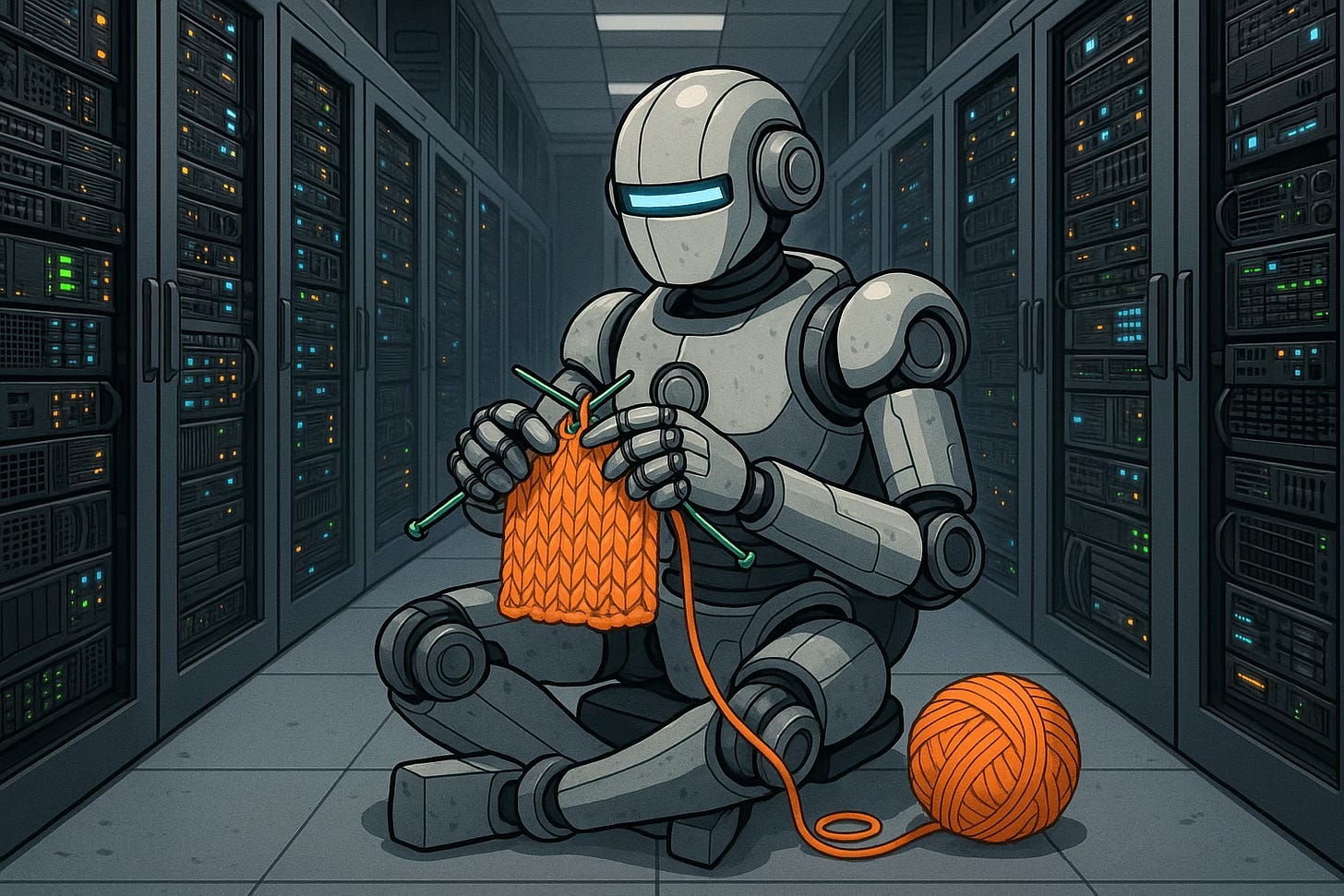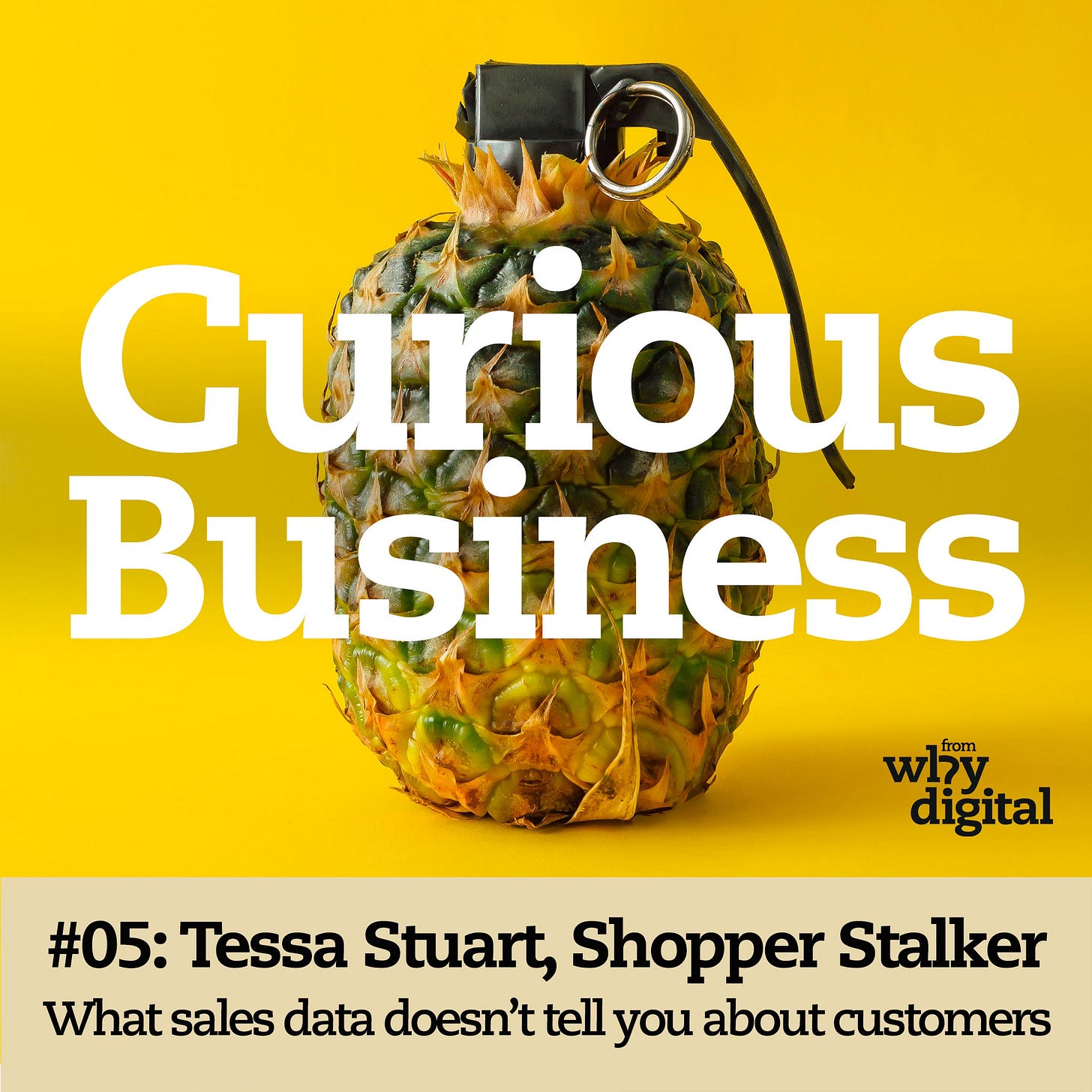What did the Luddites ever do for us?
I don’t want to sound like a Luddite - because I’m not one - however, I can’t help feeling that, like Maslow’s hammer, AI is good at what it’s good at.
Of course, I only know it’s called Maslow’s hammer or ‘the law of the instrument’ because I asked ChatGPT about it (“What’s it called when things are good at what they’re good at?”).
When you’re a hammer…
In a moment of self-mocking, I then asked ChatGPT, ‘What did the Luddites ever do for us?’
Brilliantly, after complimenting me on the question (nice touch), it pointed out that the Luddites weren’t people who hated technology, but rather, they were skilled workers who “protested specific uses of new machinery”. Apparently, they pointed out the problems of innovations such as ‘stocking frames’. This particular innovation allowed mill owners to produce hosiery much faster. The Luddites’ issue was that the products were of lower quality and paid workers less, as the owners could employ unskilled workers and children.
ChatGPT wraps all this up rather neatly: “They [the Luddites] fought bad management of technology, not technology itself.”
Of course, the machines improved in time and, I imagine, eventually turned out hosiery of a better quality. I would also imagine that it has led to a significant premium on high-quality, handmade stockings. (I don’t know that from personal experience, of course.)
The victors of history have, however, reduced the Luddites to protesters opposed to new technology.
Is it optimism bias?
AI is good at what it’s good at. Of course, that’s true of everything, isn’t it? Myself included.
I don’t think it’s how AI is being presented, though. Perhaps that’s because there are share prices and multiples riding on it? Or maybe it’s because of (checks with ChatGPT) optimism bias.
It’s the same with data, software, best practices, or any tool or model. They’re good at what they’re good at. You need to be aware of the blind spots and check the output, especially if you’re seeking competitive advantage.
Answers + Curiosity = Understanding
The latest Curious Business podcast touches on this topic. I interviewed Tessa Stuart, a point of purchase researcher - aka The Shopper Stalker. She describes how she fills in the gaps in sales data with rich, focused in-store research. She adds an understanding of why people buy to the outline data creates. What she’s observed and learned is also transferrable to other customer scenarios. There is a lot of food for thought (pun intended).
Like AI, data is good at telling us what happened and how often. It also tends to come with a degree of certainty and self-confidence. But it doesn’t tell us why or what they were thinking. Likewise, it doesn’t tell us why people didn’t buy, what they considered as alternatives or what they bought from someone else instead.




